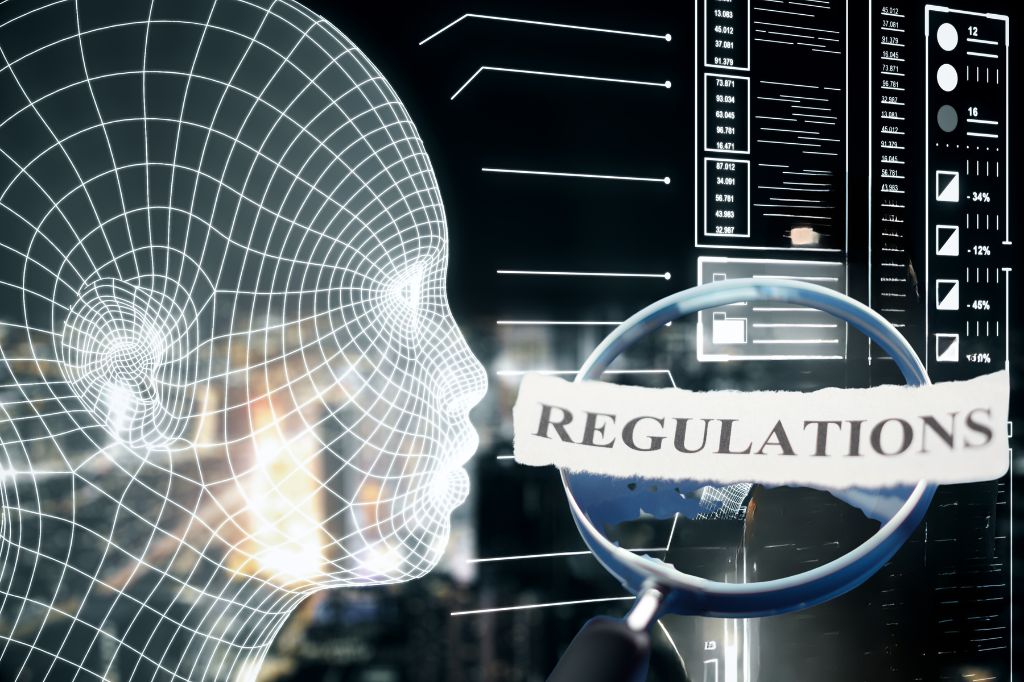India has taken a significant step towards regulating artificial intelligence (AI) by mandating government approval before the public release of “unreliable” or under-development AI tools. This move comes amidst growing concerns about the potential for AI misuse and its impact on sensitive areas like elections and public discourse.
The new regulations, issued by the Ministry of Information Technology in an advisory to tech platforms, specifically target tools like generative AI, which can generate text, code, and other creative content based on user input. The advisory emphasizes that the “availability to the users on the Indian Internet must be done so with the explicit permission of the Government of India.”
This decision reflects India’s growing desire to control the narrative surrounding AI development within its borders. The nation has witnessed rapid adoption of social media platforms and is actively tightening regulations for these companies, recognizing their potential impact on the country’s large and diverse online population.
The new advisory follows a recent incident where Google’s AI tool, Gemini, provided a response deemed inappropriate regarding India’s Prime Minister. This incident sparked a debate about the potential for AI bias and the need for responsible development practices.
The Indian government’s stance aligns with a global trend towards establishing ethical frameworks for AI development and deployment. Countries worldwide are grappling with the challenges of regulating this rapidly evolving technology, aiming to balance innovation with potential risks.
While specific details about the approval process remain unclear, the advisory outlines key concerns motivating the decision. The regulations aim to ensure transparency and responsible use of AI, particularly during sensitive periods like the upcoming general elections scheduled for this summer.
The potential impact of AI on electoral processes is a growing concern globally. India aims to mitigate potential manipulation and misinformation campaigns by requiring pre-approval for AI tools that could pose a threat to the integrity of the electoral process.
The long-term implications of India’s new regulations remain to be seen. While some praise the move as a necessary step towards responsible AI development, others express concerns about the potential stifling of innovation and limitations on individual freedoms.
The tech industry is likely to face challenges adapting to the new regulations. Platforms will need to adjust their development and deployment processes to comply with the approval requirement, potentially impacting timelines and user access to new AI tools.
India’s decision to exert greater control over AI development marks a significant moment in the global conversation surrounding this transformative technology. As other nations navigate the complexities of AI regulation, India’s experience will offer valuable insights and potentially influence the future trajectory of responsible AI development worldwide.






